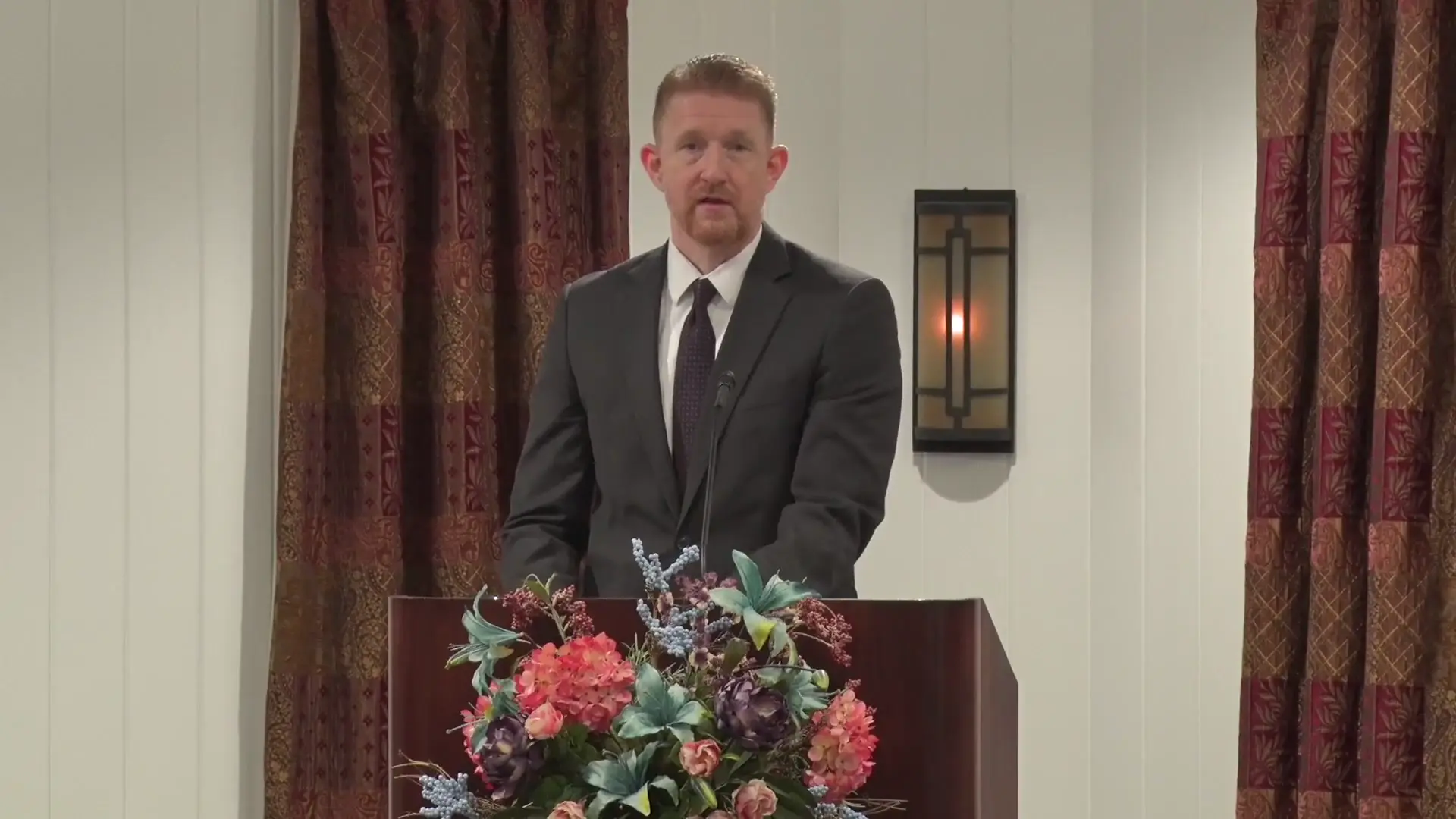Filter by Categories

The Duality of Prophecy
'Prophecy Watch' by Earl L. HennMany find prophecy to be a captivating aspect of Bible study, yet few grasp the essential keys to its understanding, leading to widespread misinterpretation. A primary key is that most prophecy is dual in nature, reflecting a pattern of duality seen throughout Scripture where a physical reality often prefigures a spiritual one. In prophecy, this duality manifests as two predictions: a type, typically a minor historical event, and an antitype, a major event often occurring in the end time. A prime example of dual prophecy is the Olivet Prophecy, which encompasses both the destruction of Jerusalem in AD 70 as the type and the Great Tribulation preceding Christ's second coming as the antitype. Misunderstanding this duality led early Christians to expect Christ's return immediately after Jerusalem's fall, resulting in disappointment and disillusionment when He did not appear. Similarly, the Jews' rejection of Christ stemmed from failing to recognize this principle, expecting a conquering human king based on prophecies that actually pertain to His second coming. Not all prophecies are dual, such as those concerning ancient city-states like Tyre and Sidon, which do not appear to have an antitype revealed by God. However, duality often applies to prophecies involving God's people, Israel, or the church. For instance, ancient Babylon, which conquered Judah, serves as a type for a future society that rebels against God and persecutes His church, destined for ruin. This principle of duality remains crucial for God's church today, as many New Testament prophecies about the first-century apostasy also foreshadow an end-time falling away from truth. As events unfold, the dual nature of prophecy becomes evident to those who observe, underscoring the need to remain vigilant in understanding God's Word and watching both church and world events.
Prophecy and the Sixth-Century Axial Period
'Personal' from John W. RitenbaughProphecy has many purposes, but it is never intended to open the future to mere curiosity. Its higher purpose is to give guidance to the heirs of salvation.
Symbolism, Types, and Prophecies
Sermonette by John W. RitenbaughWe must be careful about applying a biblical symbol to prophetic events too rigidly. The term 'Zion' may apply to the church, but not all the time.

The Olivet Prophecy Paradox
Sermon by David C. GrabbeThe Olivet Prophecy describes both a unique time of destruction and upheaval but also commonplace activities like eating, drinking, and marrying. How can this be?
Prophets and Prophecy (Part Three)
Sermon by John W. RitenbaughJohn the Baptist fulfilled the prophecy of the 'Elijah to come.' We must apply duality of prophecy carefully and cautiously rather than indiscriminately.
The Proof of the Bible
Herbert W. Armstrong BookletWe live in an age of skepticism. Is the Bible superstition or authority? Did you ever stop to PROVE whether the Bible is the inspired Word of God?
Prophets and Prophecy (Part One)
Sermon by John W. RitenbaughA prophet is one who speaks for God, expressing His will in words and sometimes signs. Standing outside the system, he proclaims God's purpose, including repentance.
Matthew 24:34: 'This Generation'
Sermon by Richard T. RitenbaughPreterists hang their entire philosophy on the interpretation (or misinterpretation) of 'this generation' in Matthew 24:34. Here is what it means.
The Beast and Babylon (Part Three): Who Is the Woman?
'Personal' from John W. RitenbaughIs the Woman depicted in Revelation 12 the church, as the church has dogmatically taught? Or is she another prophetic entity that is active today?
The Beast and Babylon (Part Ten): Babylon the Great Is a Nation
'Personal' from John W. RitenbaughMost commentators identify the Harlot of Revelation 17 and 18 as either a church or a broader cultural system. However, the Harlot is a powerful nation.
Conspiracy Theory (Part Three)
Commentary by John W. Ritenbaugh (1932-2023)From the beginning, Satan has attempted to influence heads of nations and religious organizations. We need to be aware that he will attack again and again.
The Handwriting Is on the Wall (1997)
Feast of Tabernacles Sermon by John W. RitenbaughThe scattering of the church of God reflects a more general trend on the world scene—the disintegration of the major religions into millions of pieces.
Never Allow Your Love to Wax Cold
Sermon by Clyde FinkleaDestruction comes from a gradual withdrawal from intimacy with God rather than outright rejection. We must be vigilant against spiritual complacency.

'I Will Pour Out My Spirit!'
Sermon by Martin G. CollinsThe outpouring of God's Holy Spirit in AD 31 represented a pivotal event in church history, marking the initial fulfillment of Joel's prophecy.
Self-Government and Responsibility (Part Three)
Sermon by John W. RitenbaughJacob's Trouble, or the Great Tribulation, comes about because people are not meeting their God-given responsibilities: keeping His Commandments.